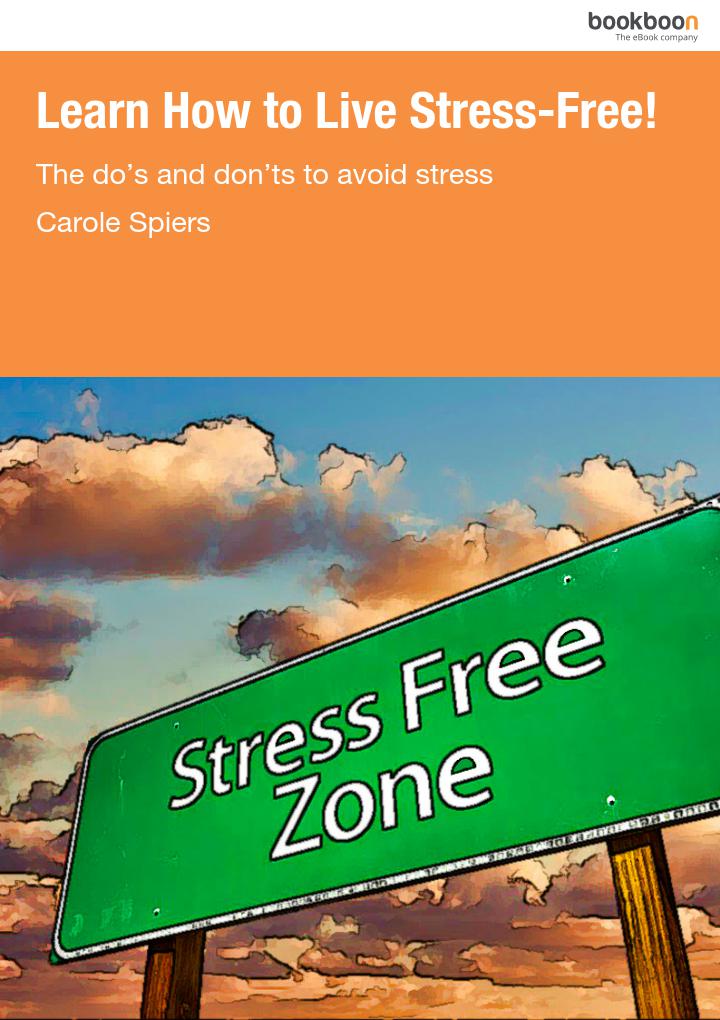Stress management: 3 ways to deal with back to work stress

So, you’re back from your work holidays? You walk into the office feeling relaxed and rejuvenated. You switch on your computer and all of a sudden a rush of stress comes over you. You scroll through the many emails you missed in your absence, suddenly remember your upcoming deadlines and watch your ‘to-do’ list grow. Have no fear, we’ve been there before and we’ve got 3 stress-busting tips to make your first day back a breeze.
Improve your time management
We’ve all probably thought the phrase ‘so much to do, so little time’ at some point in our working lives but coming back from a relaxed holiday tends to interrupt our routine and leads to distraction and poor time management. While small breaks here and there are actually very beneficial, most of us are aware of when we are simply wasting time (we’re talking to you Facebook scrollers). Poor time management is one of the most common reasons for stress and burnout but there are a few key ways to improve it. Organising your tasks in order of priority the next day the evening before can make a huge difference in your productivity as well as writing down your short, medium and long-term goals so they are always in mind.
Want to make your time work for you? Tune into our free Time Management seminar on 1st October at 12pm GMT. Sign up here.
Learn to say ‘no’
Returning from holiday often means not only coming back to your regular workload but also taking on additional projects. This increase in work will likely mean there is not much time left over for additional requests or tasks from management and colleagues. Many modern workers tend to experience ‘post-holiday guilt’, the feeling that we must overcompensate to ‘make up for’ the time we took off. This can cause many of us to become a ‘yes person’ and take on too much. The inability to say ‘no’ will directly undo any of the stress-relieving benefits your holiday provided you and can also lead to both physical and psychological stress as well as reduced self-esteem. It is important to remember that assertiveness about what you can and cannot do is not selfish or negative. In fact, saying ‘no’ indicates respect to both yourself and your colleagues and cam actively improve self-confidence and minimise stress levels.
Keep a stress diary
One of the most important steps to beating stress is identifying stressors. Keeping a diary for 2-3 weeks during a stressful period can help identify the key stressors in our lives. Although for many of us the act of keeping a diary may feel like just another thing to do in our already busy days, it can prove invaluable in helping to understand not only the primary sources of our stress but also the frequency with which we experience the effects of them upon our daily life.
Suggested Diary Contents
- It is better to keep the diary entries as brief as possible, provided that all relevant details of the impact of the stress experienced are included – such as any other persons involved, events, activities, time and duration etc.
- Details should include everything that puts a strain on available resources of energy or time; that triggers anger or anxiety; or which results in the physical, emotional or behavioural responses that we have discussed in previous sections.
- After a couple of weeks, the diary entries should be reviewed to identify the most important situational stressors that have affected you, in order that you can determine how best to deal with them effectively in the future. To retain a sense of proportion, you should also note the positive events in your life – those that are invigorating, pleasurable or which give you a sense of achievement.



